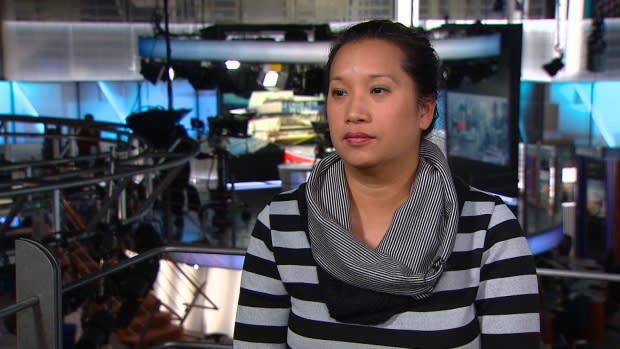Inuit children in youth protection left in 'no man's land'
Inuit children who are transferred from Nunavik to youth protection facilities in Montreal often don't have a social worker who can meet with them face to face and advocate for their needs, according to sources connected to Batshaw Youth and Family Centres.
Youth from Nunavik are often transferred south to child welfare facilities in Montreal, like Batshaw, because of a lack of foster home or group home space.
Provincial government rules state that in most cases, the jurisdiction where the parents live retains control of a child's file, even if the child is moved somewhere else.
That means once they arrive at Batshaw, those youth are often not assigned a local social worker.
"They're just in no man's land," said Nakuset, the executive director of the Native women's shelter of Montreal. "They're not really part of Batshaw. So they're not getting a social worker, they're not getting services, they're just stuck in a home."
While the youth still have a social worker based in Nunavik assigned to their case, sources expressed concern to CBC that the children were being left with no specific contact person to look out for them in Montreal.
"No support, no contact with family...No one to help connect them to anything, to take them to any cultural events, an Inuit feast, just something," said one source, whose identity CBC is protecting to allow them to speak freely.
Joanne Vasquez, a former youth protection delegate at Batshaw, said colleagues raised this concern while she was working there. She left her job in June.
"You have a youth who is hundreds or thousands of miles from their home feeling isolated. They are missing an advocate," said Vasquez.

In an email, Ben Watt, spokesperson for the Nunavik Regional Board of Health and Social Services, which oversees youth protection in the region, said the board follows the provincial guidelines when they are required to transfer care of youth to other regions.
Ariadne Bourbonnière, spokesperson for the CIUSSS l'Ouest-de-l'Île-de-Montréal health board, which oversees Batshaw, said in a statement that it only plays a supporting role in these cases, and Batshaw provides "routine visits with social workers specialized in working with this community."
But Vasquez said the situation leaves Nunavik youth in care in Montreal at a disadvantage compared to those who have a social worker assigned to them in the jurisdiction where they live.
"That [Inuit] youth is having different access than the youth that's right next to them, who is able to have someone follow up for them," she said. "I would see that as a problem."
This is one of a series of stories from CBC Montreal examining the Sixties Scoop and its echoes in the Indigenous experience of the child welfare system today. Read more here:

